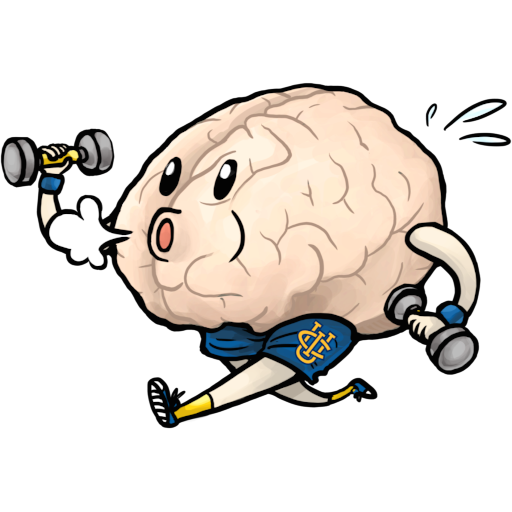
Simply asking the question of whether brain training works, while ignoring individual differences, fails to provide a much-needed answer to the question: Is brain training worth my time? To move the conversation forward, we need to determine which type of training is appropriate for a certain individual (if any), and under which circumstances.
Check out Anja Pahor’s Expert Blog on Learning and Development on the potential benefits of a personalized approach to brain training.

Music can help us develop other skills important for our cognitive development. Participating in musical groups such as a choir, orchestra, or band can create friendships, helps children develop social skills, and can lead to a sense of belonging. Working in groups involves teamwork, cooperation, and learning to recognize the emotions and reactions of others while appropriately responding to them. Engaging with music has also been associated with improved self-regulation and an increase in emotional awareness.
Check out Alexandria Weaver’s contribution on Knowing Neurons – Music for the Mind: How Music Nurtures Cognitive Development.
